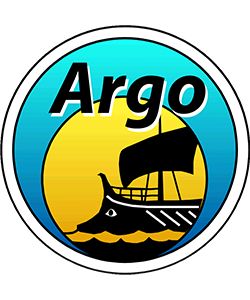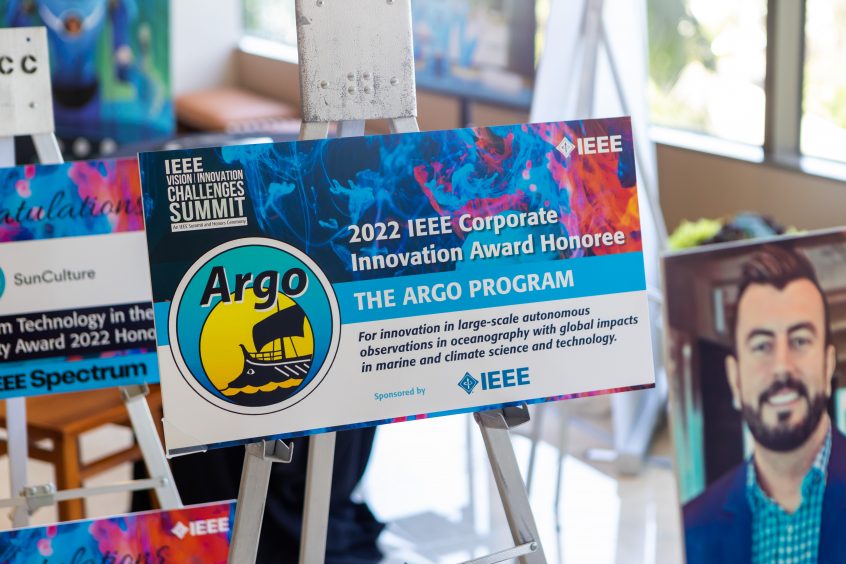Watch Cora Hersh and Shawnee Traylor deliver a OneArgo presentation at COP27 followed by a discussion panel with Dr. Rick Spinrad and Dr. Margaret Leinen.
OneArgo session at COP27
Thanks to Shawnee Tralyer and Cora Hersh who delivered a presentation on OneArgo at the Oceans Pavilion at CPO27 on November 14th. This was followed by a panel with Dr. Rick Spinrad, Dr. Margaret Leinen and Dr. Carol Anne Clayson in person and Dr. Susan Wijffels virtually.
Susan Wijffels receives the 2023 Henry Stommel Research Medal
Congratulations Dr. Susan Wijffels for receiving the 2023 Henry Stommel Research Medal! She is being recognized “For exceptional contributions to understanding oceanic and freshwater storage and transport of heat and monitoring changes in the global hydrological cycle“. She will be presented with her award at the 103rd Annual AMS meeting in January 2023.
Russ Davis: 1941 – 2022
Scripps Institution of Oceanography and UC San Diego remember Russ Davis and his scientific and engineering accomplishments. There will be a memorial service at Scripps in 2023. Members of the research community are invited to add tributes to Russ Davis. Please submit them to scrippsnews@ucsd.edu.
Argo thesis list updated
Students continue using Argo data in their dissertations. There are now 435 thesis citations!
Argo wins IEEE Corporate Innovation Award
Argo was awarded the IEEE Corporate Innovation Award in the spring of 2022. The award was “For innovation in large-scale autonomous observations in oceanography with global impacts in marine and climate science and technology.” The Argo Program would like to thank both IEEE for this award and all the many, many people who have contributed to Argo over the years … Read More
Remembering Russ Davis
We are saddened to announce the passing of Russ Davis on June 9, 2022. He was 81 years old and a retired professor at Scripps Institution of Oceanography where he was a distinguished research oceanographer. Among his accomplishments was the development of both the SOLO float which was one of the original Argo floats and Spray gliders at the Instrument … Read More
New Argo velocity product available
Scripps Argo trajectory-based velocity product is now available. Visit this page to see all the velocity products.
Argo receives IEEE Corporate Innovation Award
Watch the award ceremony clip of Susan Wijffels and Megan Scanderbeg accepting the IEEE Corporate Innovation Award on behalf of Argo. Pictures of the event and award to be posted soon! Thank you to IEEE for this recognition.

